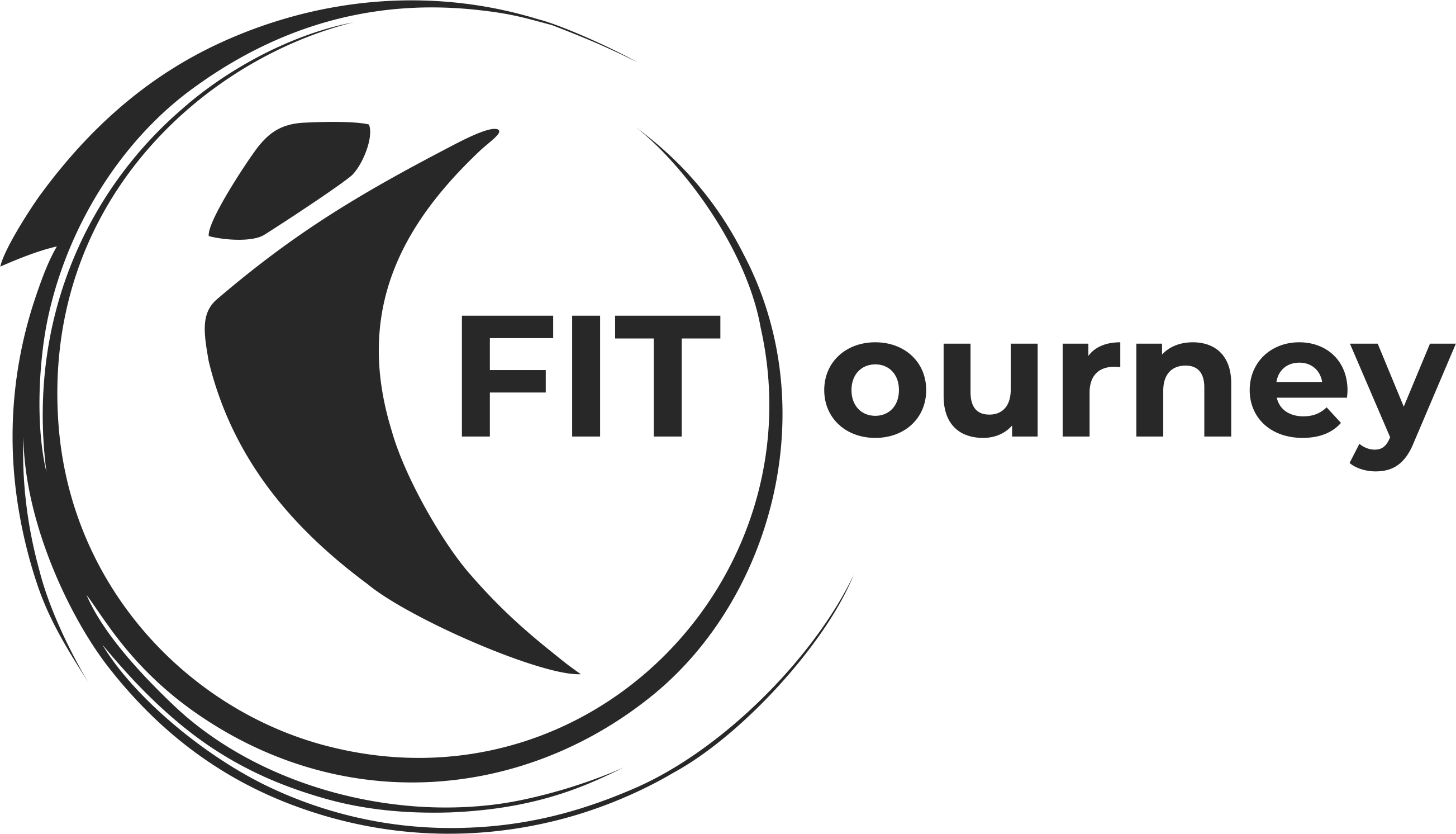Omega 3 fatty acids are healthy fats that may help to improve heart health, reduce inflammation, and protect against several chronic conditions. Especially it helps to lower your triglyceride. Seafoods like salmon and mackerel are great sources of omega-3 fatty acids.
What are omega-3 fatty acids?
Omega-3 fatty acids are polyunsaturated fats that perform vital functions in your body. Notably, our body cannot produce sufficient omega-3s on its own, making it essential to obtain them from our diet.
What are fatty acids?
Fatty acids are broadly categorised into saturated and unsaturated types. Unsaturated fats further branch into polyunsaturated and monounsaturated fats.
While saturated fats have been dubbed "bad" or "unhealthy" due to their potential to elevate the risk of heart diseases and strokes, unsaturated fats, on the other hand, are labelled "good" or "healthy" as they bolster heart health when consumed judiciously.
Omega 3 is a form of polyunsaturated fats.
What are the different types of omega-3 acids?
There are 3 main types of omega-3 acids.
- EPA (Eicosapentaenoic acid): Often referred to as a "marine omega-3," EPA is primarily found in fish.
- DHA (Docosahexaenoic acid): Like EPA, DHA is also a marine omega-3, abundantly found in fish.
- ALA (Alpha-linolenic acid): Unlike the other two, ALA is an omega-3 type found predominantly in plants.
What are the health benefits of omega-3 fatty acids?
There are several health benefits of omega-3 fatty acids. It potentially helps to improve cardiovascular health by lowering triglyceride levels. Elevated triglyceride levels can up the risk of heart ailments and strokes, making their regulation imperative. Moreover, omega-3s boost levels of HDL (high-density lipoproteins), the "good" cholesterol, which aids in maintaining optimal blood pressure.
Are omega-3 fatty acids good?
Omega-3 fatty acids are good for cardiovascular health if you consume them from your diet. Including seafood in your diet will help you get enough omega-3 fatty acids.
Omega 3 dietary supplements (capsules or pills) may have some health benefits. But it is important to take it with precautions. When it comes to fish oil capsules, it is important to take a prescription from your healthcare provider.
It is always better to design a diet where you can get enough omega-3 fatty acids from the food sources.
What are the food sources to get omega-3 fatty acids?
- Salmon fish
- Mackerel fish
- Herring fish
- Oyster. Sardines
- Flex seeds
- Chia seeds
- Soybeans
- Walnuts
- Omega-3 eggs

